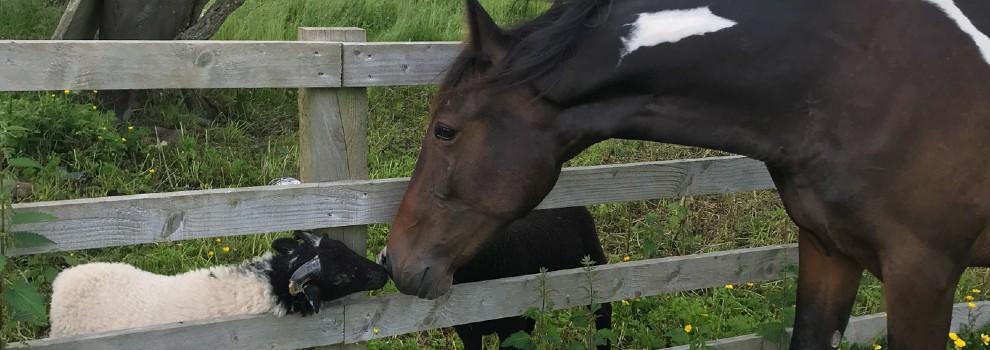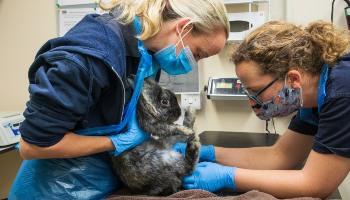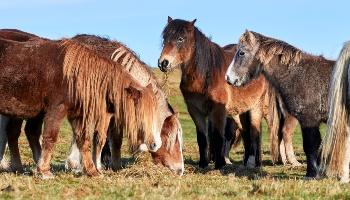Ragwort
All parts of the ragwort plant are poisonous. Horses are thought to dislike the taste of ragwort, and they usually only eat it when there's little choice of other plants. Dried ragwort is still toxic and horses seem to find it more appealing.
For further information please visit the British Horse Society ragwort page.
Rodent poisons ('rodenticides')
Anticoagulant rodenticides are particularly poisonous to horses, though other types of rat poison may also be harmful to them. Anticoagulants act by preventing blood clotting. The baits are usually coloured blue or green (sometimes purple or red) and can be sold in the form of a powder, paste, seeds or grains. Your horse may need blood tests to confirm poisoning, and most horses will require a course of the antidote.
Yew tree
All parts of the yew tree are poisonous to animals, including the seeds inside the fleshy fruit. Poisoning can happen all year round and even dried material can be toxic. Symptoms may develop rapidly, and horses poisoned by yew can die suddenly.
Leyland Cypress
All parts of this plant are potentially toxic.
Oak
Oak poisoning usually occurs in either the spring (from eating young shoots) or in the autumn (after eating acorns and fallen leaves).
Read more on what to do if you think your horse, pony or donkey has been poisoned.
Acknowledgement for this information is made to The Veterinary Poisons Information Service (VPIS).



